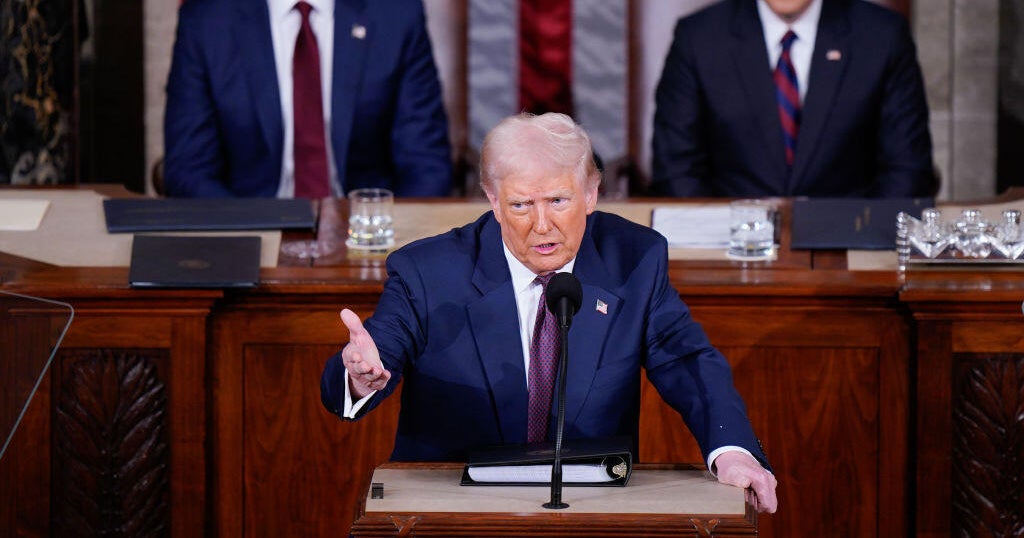Biden signs bill ending COVID-19 national emergency
President Biden on Monday signed a Republican-authored bill terminating the national emergency over the COVID-19 pandemic, a month before the White House had said the president would unilaterally end national emergency declarations related to the pandemic.
The White House had opposed the GOP-proposed measure, which gained some bipartisan support in Congress, even though the White House planned to end emergency declarations on May 11. The White House had said the legislation would "create wide-ranging chaos and uncertainty throughout the health care system — for states, for hospitals and doctors' offices, and, most importantly, for tens of millions of Americans."
The new law immediately ends the national emergency and public health emergency first enacted during the Trump administration and continued through the Biden administration. Former President Donald Trump first declared a national emergency over the virus on March 13, 2020, retroactive to March 1 of that year. The declarations allowed for federal funding to be freed up to cities and states for things like testing and vaccination centers.
The law would also abruptly end Title 42, the pandemic-era rule that has blocked undocumented immigrants from crossing the southern border, citing public health reasons. But the White House has said that policy is subject to a U.S. Supreme Court case, and it intends to wind down the program.
— Ed O'Keefe contributed to this report



